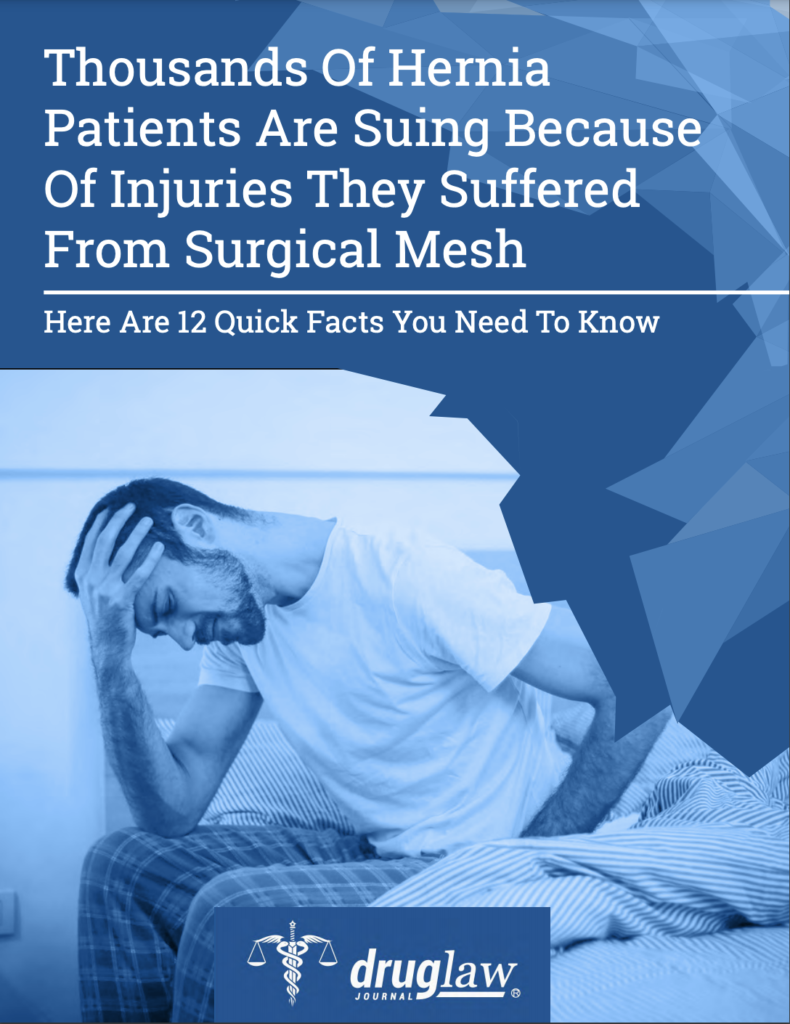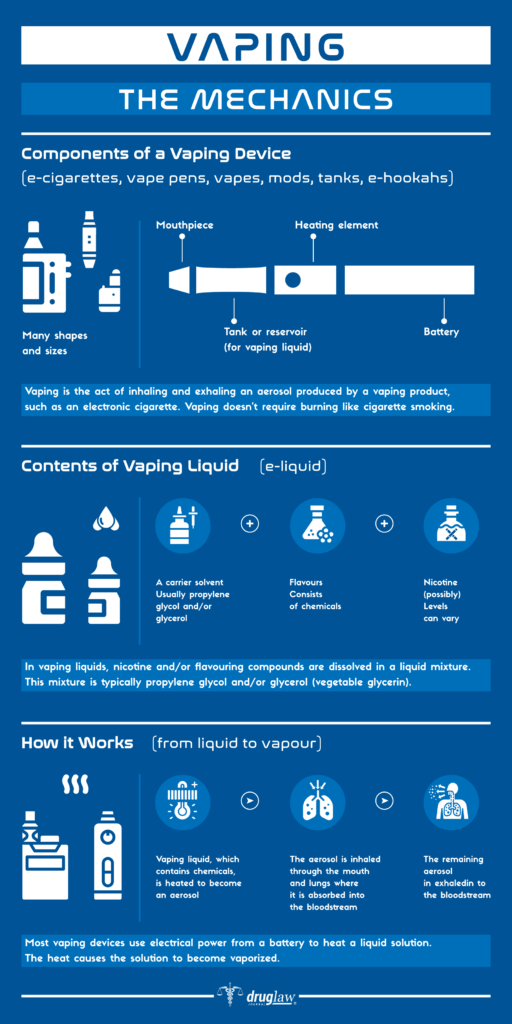
After a delay due to COVID-19 restrictions, the lawsuits surrounding defective Hernia Mesh products are beginning to move forward around the country. Major manufacturers, including Bard, Ethicon, Atrium, and Covidien, are involved in separate litigations, although it’s likely that advances against one manufacturer will impact judiciary decisions against another.
The Bard Hernia Mesh litigation is the biggest (based on market share) and focuses on the PerFix, 3DMax, Marlex, Kugel, Composix, Ventralex, Ventrio, Sepramesh, and Ventralight product lines. The primary state litigation is based in Rhode Island (where Bard is headquartered) and began on April 6, 2021, while the federal Multi-district Litigation (MDL) is occurring in the Southern District of Ohio and began on April 19, 2021.
The Ethicon Hernia Mesh litigations primarily focus on Physiomesh and include claims against both the Proceed and Prolene product lines. Set to begin on June 7, 2021, the major state litigation will take place in New Jersey (home to the company’s headquarters), while the federal MDL is scheduled in the Northern District of Georgia.
The Atrium Hernia Mesh litigations mainly focus on the C-Qur product line. The major state litigation will take place in New Hampshire (where the company’s former headquarters were located), while the federal MDL is scheduled for the District of New Hampshire. The first in-person federal trial will begin on July 7, 2021 with additional state and federal bellwether trials to follow.
The Covidien Hernia Mesh litigations, the smallest of the group, involve the Parietex and Gore-Tex product lines. The state litigation will occur in Massachusetts (where the company was previously headquartered), but no trial date is currently set.



